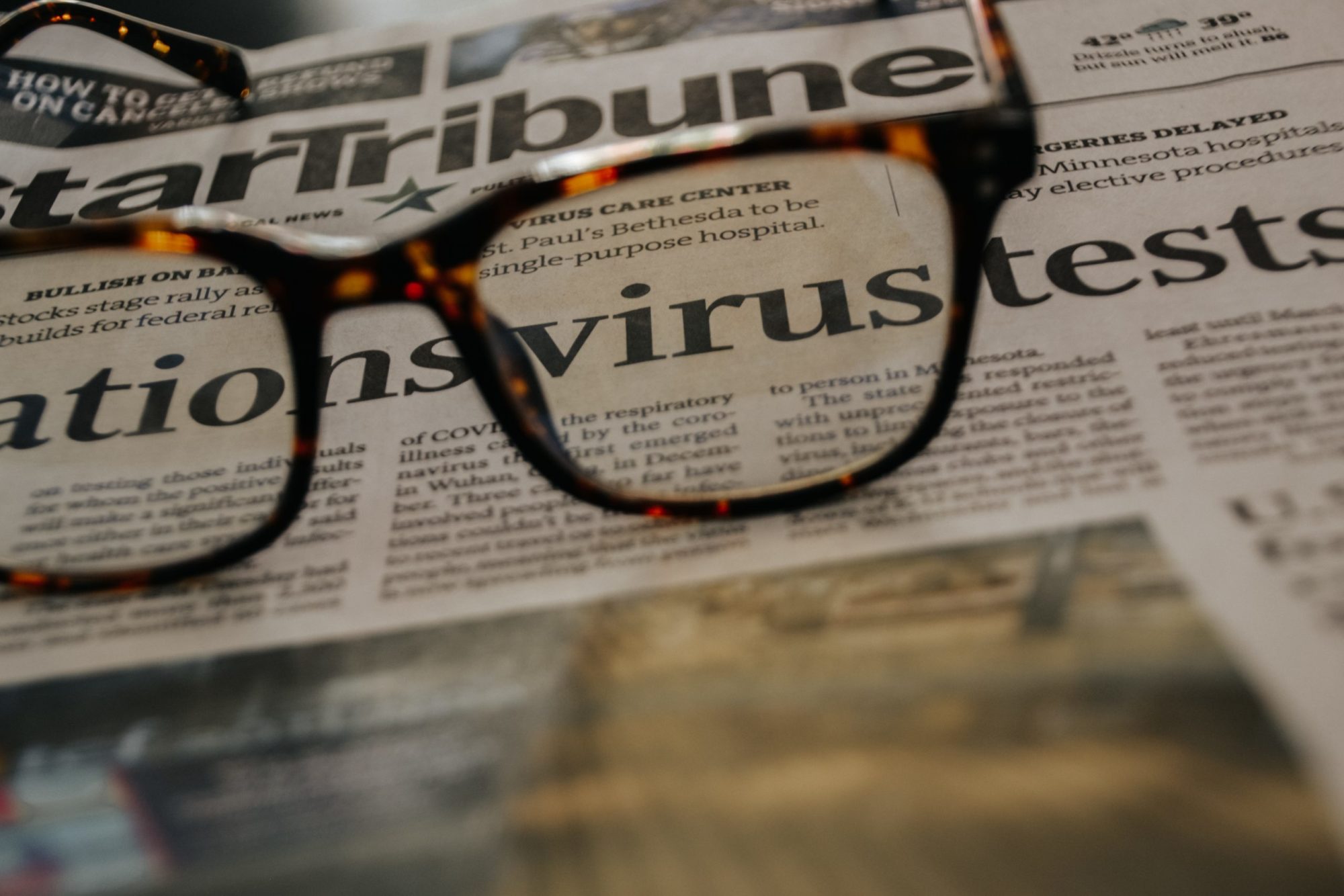Earlier this week, two American pharmaceutical giants, Moderna and Pfizer, began a late-stage clinical trial for testing the safety and effectiveness of the coronavirus vaccine. This development could pave the way for regulatory approval and availability of the vaccine as early as the end of the year. This announcement provides a welcome respite from a stream of alarming COVID-19 news, and is a cause for celebration.
Although this is exciting news, there are many important questions around the issue of a COVID-19 vaccine. What will be the cost of the vaccine? Will it be widely available? Who will get it first, and who will have to wait? Will there be a national monopoly on the vaccine, or will it be globally available?
Fair Access for All
Unless we can ensure that the COVID-19 vaccine is available to everyone globally, we cannot hope to reap the benefits of herd immunity. As we move towards the approval of a vaccine, we must plan for equitable distribution. The vaccines that are closest to approval currently are being developed by American pharma, and by the University of Oxford in the United Kingdom. Rich, developed countries are on track to get a hold of the vaccine first.
Historically, there has been a lag of ten years or more between the time a vaccine becomes available in wealthy countries and when it is routinely accessible in low-income countries. Prohibitive cost, lack of local manufacturing capacity and distribution channels contribute to the lag. With the coronavirus, the consequences of not getting the vaccine in a timely manner will be devastating for low-income countries that are already reeling from the socio-economic challenges of the pandemic. The World Bank has predicted that the coronavirus crisis could push as many as 71 million people into extreme poverty, with India and sub-Saharan Africa being hit the hardest.
There needs to be a free exchange of information globally with regard to the vaccine. The vaccine should not be sold for profits, and parties from wealthy countries should help build upon existing capacity in low-income countries. For example, there is already existing vaccine manufacturing capacity in Senegal, Egypt, Tunisia, Ethiopia, and South Africa which can be leveraged to manufacture the COVID-19 vaccine on a large scale.
Additionally, we must invest in equitable distribution networks just as we are investing in the research and development of the vaccine itself. We must plan for and invest in supply chain mechanisms, like manufacturing, storage and distribution even in the most remote areas. There needs to be global and regional coordination in terms of regulations, so that an international vaccine can be quickly approved for distribution in other countries.
On a domestic level, countries should ensure that certain groups get prioritized access to the vaccine. People over the age of 65 and people with comorbidities, who are at greater risk, should be given priority. Essential workers like healthcare staff, who are especially vulnerable to contracting the virus, should be given priority. Low-income individuals who do not have housing or the ability to stay inside and isolate themselves should also be given priority for the vaccine.
COVAX – The Global Alliance for the COVID-19 Vaccine
Fortunately, efforts are already being made to ensure fair and equitable access to the COVID-19 vaccine. Gavi (formerly known as the Global Alliance for Vaccines and Immunization), in collaboration with the World Health Organization, has started COVAX, a global agreement that seeks to guarantee equitable and rapid access to the vaccine for all countries. By joining COVAX, governments agree to pool their buying power, knowledge and resources to invest in research and development of multiple vaccines, thus sharing the risk associated with developing vaccines that may or may not work. Since most vaccine efforts are likely to fail, COVAX ensures that countries can get access to whichever one worked successfully, no matter where in the world it was developed.
Currently, 75 countries –not including the United States– that can finance the purchase or manufacturing of the vaccine have expressed interest in joining COVAX, where they will be partnered with up to 90 low-income countries. The low-income countries, regardless of their ability to pay, will be allocated doses funded by donor countries through Gavi’s COVAX Advance Market Commitment (AMC).
This global effort provides hope in these uncertain times – however, its success depends on the number of countries that choose to participate, and participate fairly. The COVID-19 vaccine should be a global public good because until all of us are safe, none of us are safe from the virus.
